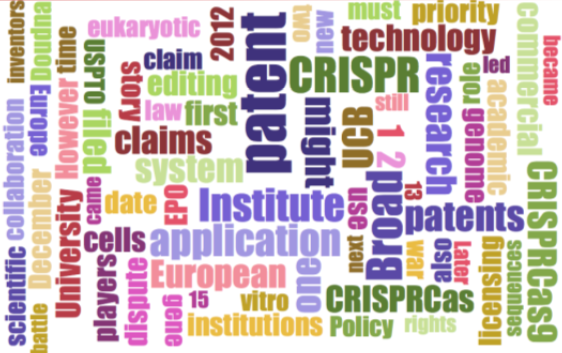Consider Fracking Your Backyard
By Amanda Murphy.
Fracking, or hydraulic fracture stimulation, is a very recognisable, very divisive topic. It is common to have a strong opinion about fracking, be it for or against it. Indeed, for most, fracking is something for others to solve. But while we empathise with the impact of such industrial development, we seldom suggest fracking in our backyard.
The North Sea dominates the United Kingdom’s (UK) energy supply. However, with North Sea oil and gas fields in decline, controversial fracking technology may be the best option to fill the gap in domestic energy demand. Exploration sites earmarked for hydraulic fracture stimulation are in relatively rural areas of the North West, Yorkshire and East Midlands, but shale oil and gas development should be considered in more urban areas. London and the South East overlie the prospective Weald and Wessex sedimentary basins and development here would be close to consumers in an area with a strong history of monitoring, industrial brownfields sites and existing road and power infrastructure. Perhaps it is time to consider fracking in our London backyard.








